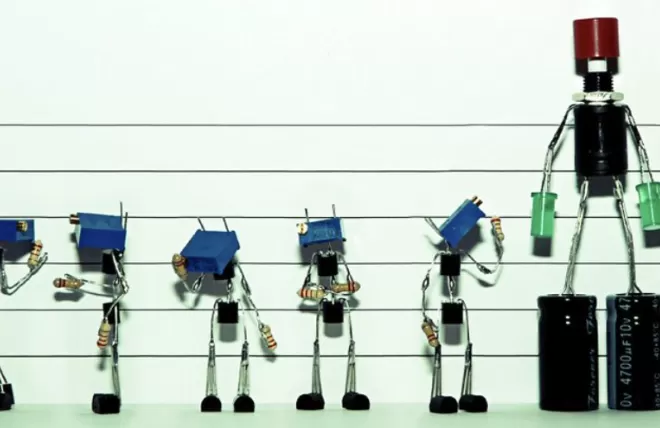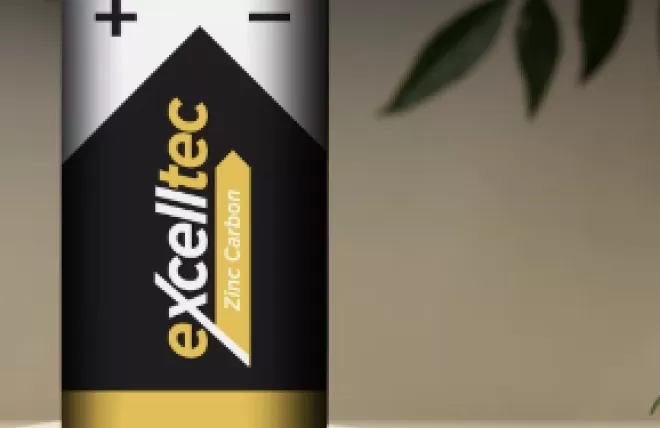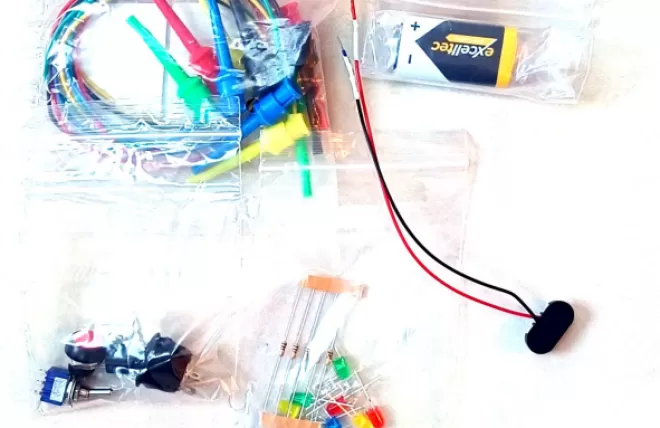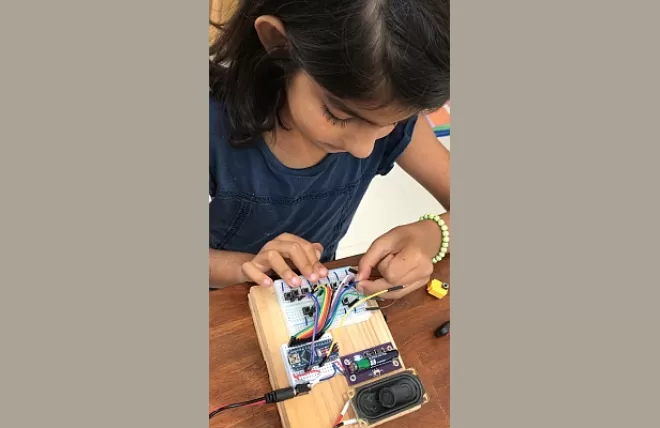At MathSciTech, we're passionate about making electronics education accessible, engaging, and safe for young learners. Through our hands-on programmes, we help youth discover the excitement of building and understanding electronic circuits. But this mission requires careful consideration of every component we use - even something as basic as our choice of batteries.
The Counter-Intuitive Choice
For Electrical Engineers, it's common knowledge that you buy Alkaline batteries over Zinc Carbon, and Lithium batteries over Alkaline. Why? If you're optimising for business-as-usual design/delivery, then you're interested in higher energy density (lower size and weight), lower cost per unit of power, more stable power characteristics over the discharge curve, higher fidelity current demand response, and longer performance life. Against these metrics, Lithium batteries outperform Alkaline which in turn outperforms Zinc Carbon.
Think of it like water flowing through pipes: Alkaline and Lithium batteries are like having a large-diameter pipe that can deliver a powerful flow of water quickly. While this is great for efficiency, it also means that if something goes wrong (like a burst pipe), you'll quickly have a flood to deal with.
Safety Through Specification Matching
This is where our intentionality in parts selection comes in. For our youth electronics programme, we deliberately choose to use Zinc Carbon batteries because their specifications align better with beginner electronics needs. Most starter projects only require 20-50mA of current, well within the Zinc Carbon battery's capabilities. When a beginner accidentally creates a short circuit (connecting the positive and negative terminals directly, without proper resistance), the different specifications lead to different potential outcomes:
Alkaline Battery - energy density of 150 Wh/kg:
- Can deliver around 400-500mA in short circuit conditions
- Power dissipation around 4-5W peak
- Reaches hot temperature within 30-60 seconds
- Wire insulation can melt in under a minute
Zinc Carbon Battery - energy density of 65 Wh/kg):
- Maximum short circuit current typically 100-200mA
- Power dissipation around 1.8W peak
- Takes 2-3 minutes to reach hot temperature
- Not enough power to melt or burn components
- Gives learners more time to recognise and correct mistakes
Important note: While Zinc Carbon batteries provide more time to react to mistakes, no battery is "safe" if misused. All batteries require proper handling and respect for electrical safety principles.
The Learning Advantage
While zinc-carbon batteries have lower performance specifications, these characteristics become advantageous features in an educational context where:
- Users are beginners, and making mistakes is a crucial part of learning and building confidence
- It can take time for a beginner to recognize a mistake and correct it
- Supervision with take-home projects is necessarily limited versus the classroom setting
The lower-spec characteristics of zinc-carbon batteries provide a valuable safety margin for young learners through:
- Internal resistance providing natural current-limiting to match beginner circuit needs
- Thermal characteristics that allow time for mistake recognition
- Power output aligned with component tolerances
- Technical specifications that support the learning process
Safety by Design: Our Philosophy in Action
This example of battery selection illustrates how we think differently about electronics education. We believe that true learning happens when students feel safe to experiment and discover. This frequently means that we make unconventional choices that prioritise the learning experience over traditional engineering metrics. Where we do so, we publish our thinking proudly and invite debate!
We're fully committed to embedding safety into every aspect of our educational experience, while educating parents and organisation so that we do not let fear limit the opportunities for youth to learn these valuable skills. By choosing components whose specifications naturally align with learning requirements, we create an environment where youth can explore, make mistakes safely, and learn with confidence.
Want to experience our programmes first-hand? Visit our programmes page to learn more about our hands-on electronics courses and workshops, or sign up for our next session or reach out to join a taster session!
Interested in our Courses?
- Introductory offer: 20% OFF first course
- Sibling & Referral discounts
- Maximum 6 participants per session. Reserve your place today!






